ERUDITION: THE LOST CREED
By Prof. Kousik Guhathakurta
I was flipping through the pages of a reasonably fat book when a student entered my office for some usual reason (which could be anything between a request for reconsideration of evaluation and a genuine academic clarification). I do not quite remember what he exactly wanted and how I reacted. That is neither interesting nor too important. What is definitely interesting and what I definitely remember is what followed the initial exchanges. His eyes fell on the fat volume in my hand and his looks changed to one that showed a mixture of surprise, anxiety and may be even disgust! He could not help himself asking “What is that book, sir?” I can assure you of his vision –he could see exactly what the book was. Nor was he particularly perturbed with the size- B-school boys are exposed (I only said exposed) to fat books also. What seemed to disturb him was the title of the book- “The Origin and Development of the Bengali Language”. If you still have not gauged his exasperation let me also tell you that I happen to be on the faculty of Finance.
I could have allayed his doubts by explaining the possible relationship between Finance and Linguistics, talking about the methodological aspects of philology that have relevance for scientometrics which in turn traces the development of a science from its literature. It is not important how I responded. What matters is that for a person engaged in economic studies, linguistics today is considered to be an alien discipline. For a man of finance any foray into the same is nothing but freakish adventurism. That was not the case a century ago. An economist delving in anthropology or even linguistics was not that unthinkable. Knowledge was still a generic term and the pursuit of same still could follow a broad path. Historically, having interest in disparate disciplines was not uncommon amongst men of letters. Even today we have the Noam Chomsky s and Amartya Sens. But they are more of exceptions than rules. More importantly, they are dying species. Erudition has given way to specialization.
To quote Peter Drucker “Knowledge has given birth to knowledges”. In his insightful work on the nature of capitalism since the last decade of the past millennium titled “Post-capitalist society”, Drucker has dwelled on the emergence of super specialization as a means of enhancing productive efficiency of the economy as a whole. That book is a celebration of economic innovation through specialisation. Curiously enough this aspect of knowledge compartments was a topic of deliberation in a completely different kind of literary work. Milan Kundera in his novel “Immortality” discusses this transition of knowledge from generic to specific in chapter devoted to Goethe, the German poet. More than discussing, he laments the very fact that while in Goethe’s time it was quite possible for the great poet to exchange notes with his physician about his own disease, today an artist would very rarely understand a medicine man’s vocabulary. While Drucker champions specialization Kundera regrets it. We can always brush aside Kundera’s lamentations as an impractical excess of a man of literature living in imaginary world. But may be time has come we really ask ourselves – in our pursuit to efficiency are we sacrificing vision? In our efforts to be focused are we losing sight of what lies beyond? In the wake of the recent economic crisis these are no longer the sentimental queries of the incorrigible adolescent but issues which demand serious deliberation.
Kousik Guhathakurta is an Assistant Professor of Finance at IIM Kozhikode
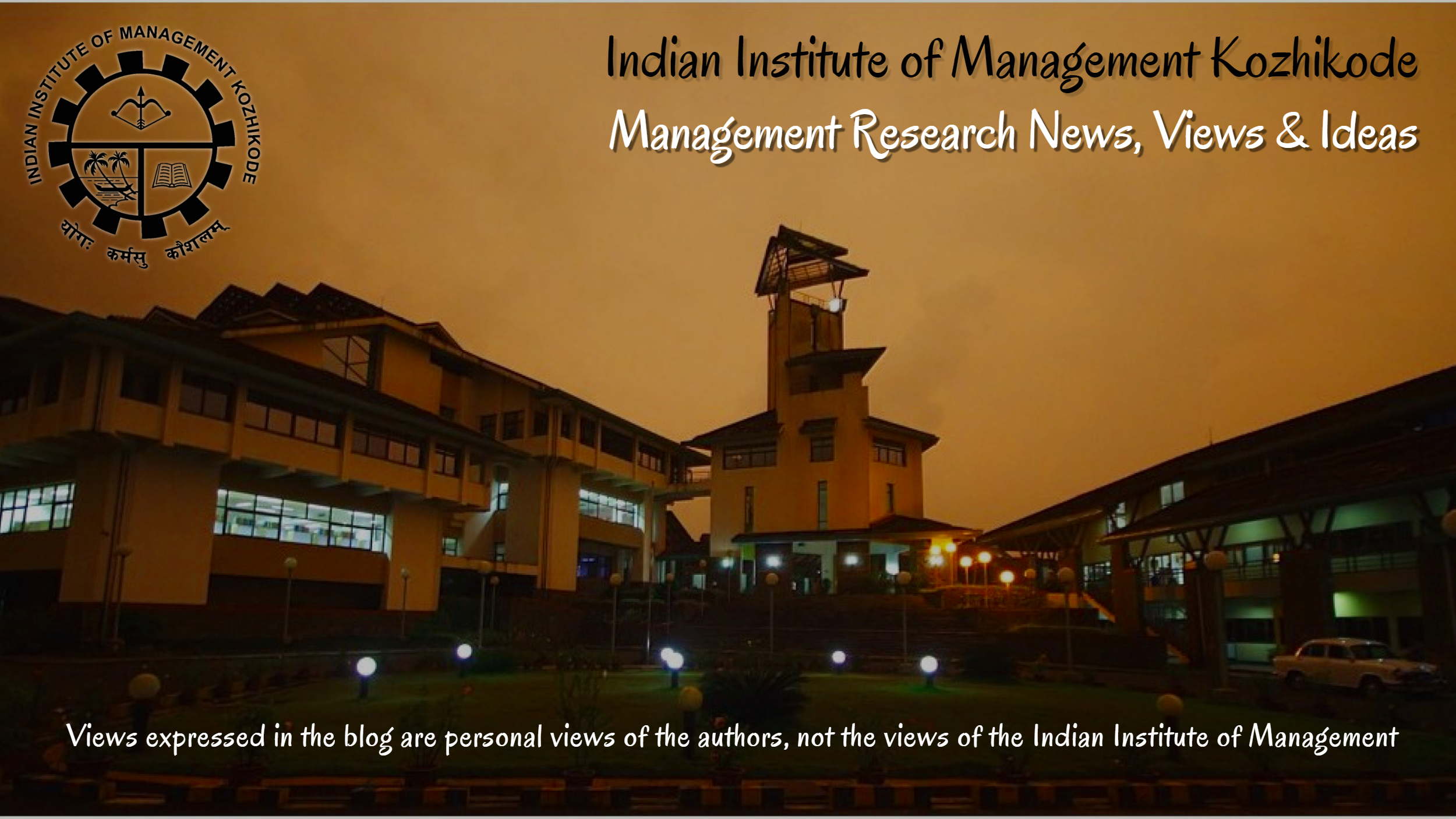


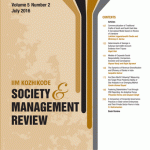
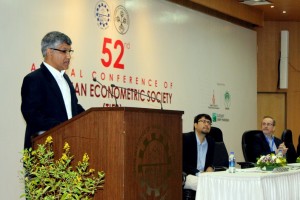
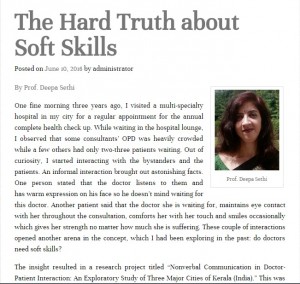


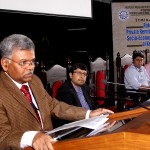
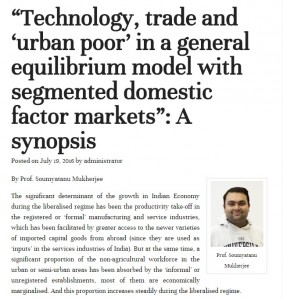
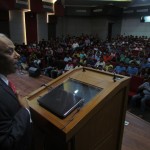
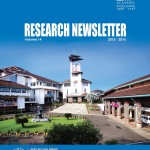




 Users Today : 228
Users Today : 228 Users Yesterday : 388
Users Yesterday : 388 This Month : 7470
This Month : 7470 This Year : 112598
This Year : 112598 Total Users : 536586
Total Users : 536586 Who's Online : 1
Who's Online : 1